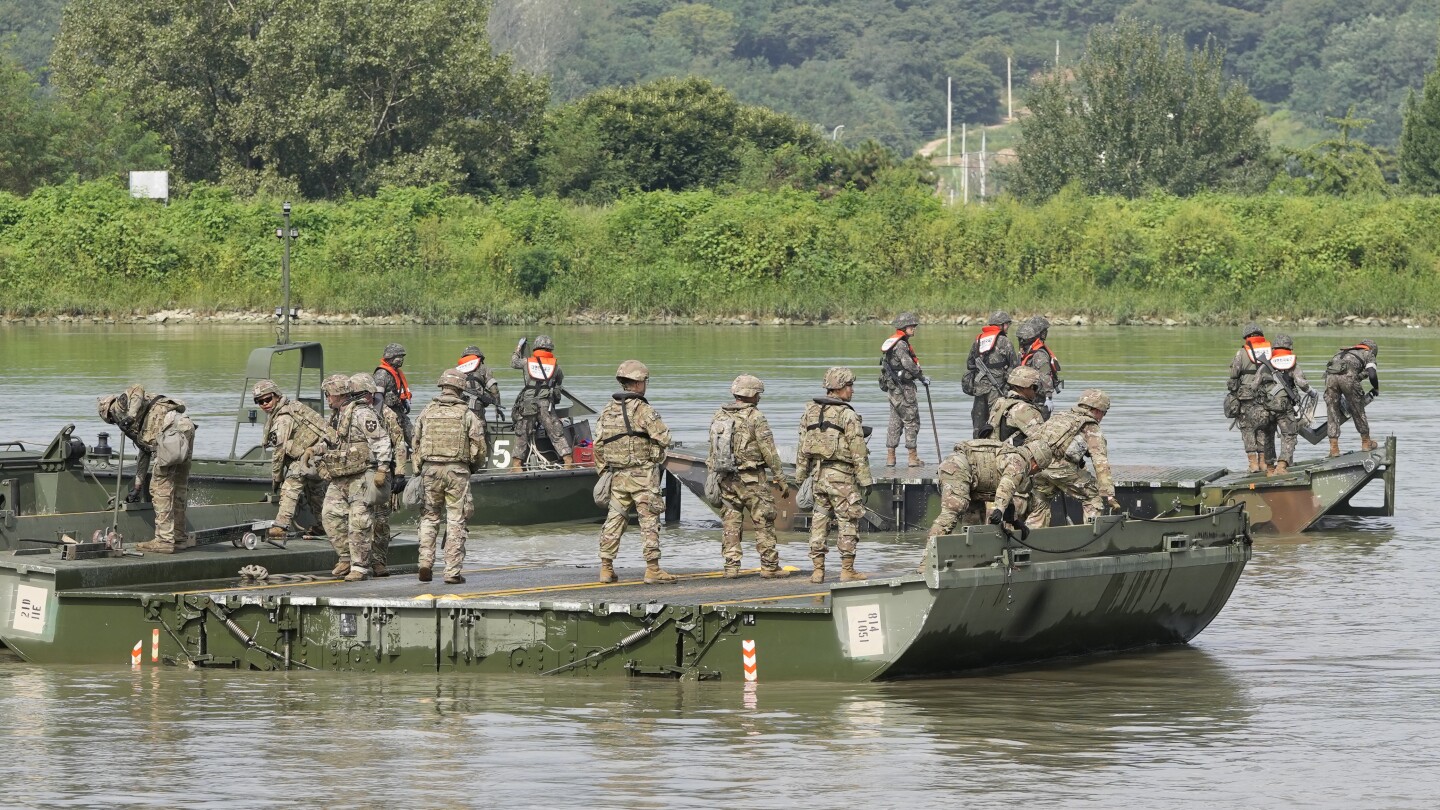More nuclear proliferation is obviously the solution.
The last decade has shown that the protection of the US nuke umbrella is one election result away from disappearing.
The war in Ukraine has shown that if you don’t have nukes and your opposition does, you are vulnerable. It is easy for people who live somewhere that does not have a nuke armed neighbour that has stated they want to take you over (Ukraine, Sth Korea, Taiwan etc) to worry about nuclear proliferation.
I don’t like it but I completely understand why such countries would want nukes that they control.
Given the context of the United States and the shitshow of our internal politics over much of the last decade, it should be getting pretty clear that half of our political establishment doesn’t really give a shit about treaty obligations and defense commitments, because reactionary isolationist extremists (who are often also Christian fundamentalists) are calling the shots in the GOP.
- Trump openly and repeatedly pushed the idea of leaving NATO, as well as abrogating various other defense treaties -> going forward, defensive treaties and agreements the US enters into are going to be somewhat less watertight, because there exists a real possibility that another psycho will get elected to the presidency and simply decide to ignore those obligations, regardless of national or international legality.
- The complete and abject failure of the Budapest Memorandum - and specifically, the abrogation of defensive agreements outlined there by all western signatories, and the blatant violation of Ukraine’s territory and sovereignty by Russia, followed by Russia’s constant nuclear saber-rattling - has fully destroyed the nuclear non-proliferation movement. If Ukraine had held onto even a dozen or two warheads, Russia would not have invaded. Nuclear weapons are the final word in guaranteeing a country’s sovereignty and territorial integrity, full stop.
Which is a very long way of saying that given the current geopolitical context, South Korea embarking on a quiet (until they succeed) nuclear program is honestly a pretty shrewd geopolitical move - especially if they end up using that to form the core of some sort of regional defensive alliance that could coordinate with - but does not specifically include as a signatory, nor fully rely on - the United States.
This is the best summary I could come up with:
CHEORWON, South Korea (AP) — To the steady rat-tat-tat of machine guns and exploding bursts of smoke, amphibious tanks slice across a lake not far from the big green mountains that stand along the world’s most heavily armed border.
The alliance with the United States has allowed South Korea to build a powerful democracy, its citizens confident that Washington would protect them if Pyongyang ever acted on its dream of unifying the Korean Peninsula under its own rule.
With dozens of nukes in North Korea’s burgeoning arsenal, repeated threats to launch them at its enemies, and a stream of tests of powerful missiles designed to pinpoint target a U.S. city with a nuclear strike, a growing number of South Koreans are losing faith in America’s vow to back its longtime ally.
Kim’s visit earlier this year to Russia, where he met President Vladimir Putin and toured weapons facilities, has raised fears that North Korea could receive technology that would boost its nuclear program.
Opponents of a nuclear-armed South Korea point out that the strong public support for nukes likely doesn’t calculate the high costs, nor the damage to ties with ally Washington and to crucial trade with neighbor China.
The Washington Declaration and follow-up high-level meetings between the allies have reassured many in Seoul, according to Richard Lawless, a former senior U.S. State Department and Central Intelligence Agency official dealing with nuclear proliferation in Asia.
The original article contains 1,935 words, the summary contains 235 words. Saved 88%. I’m a bot and I’m open source!
No we don’t.


